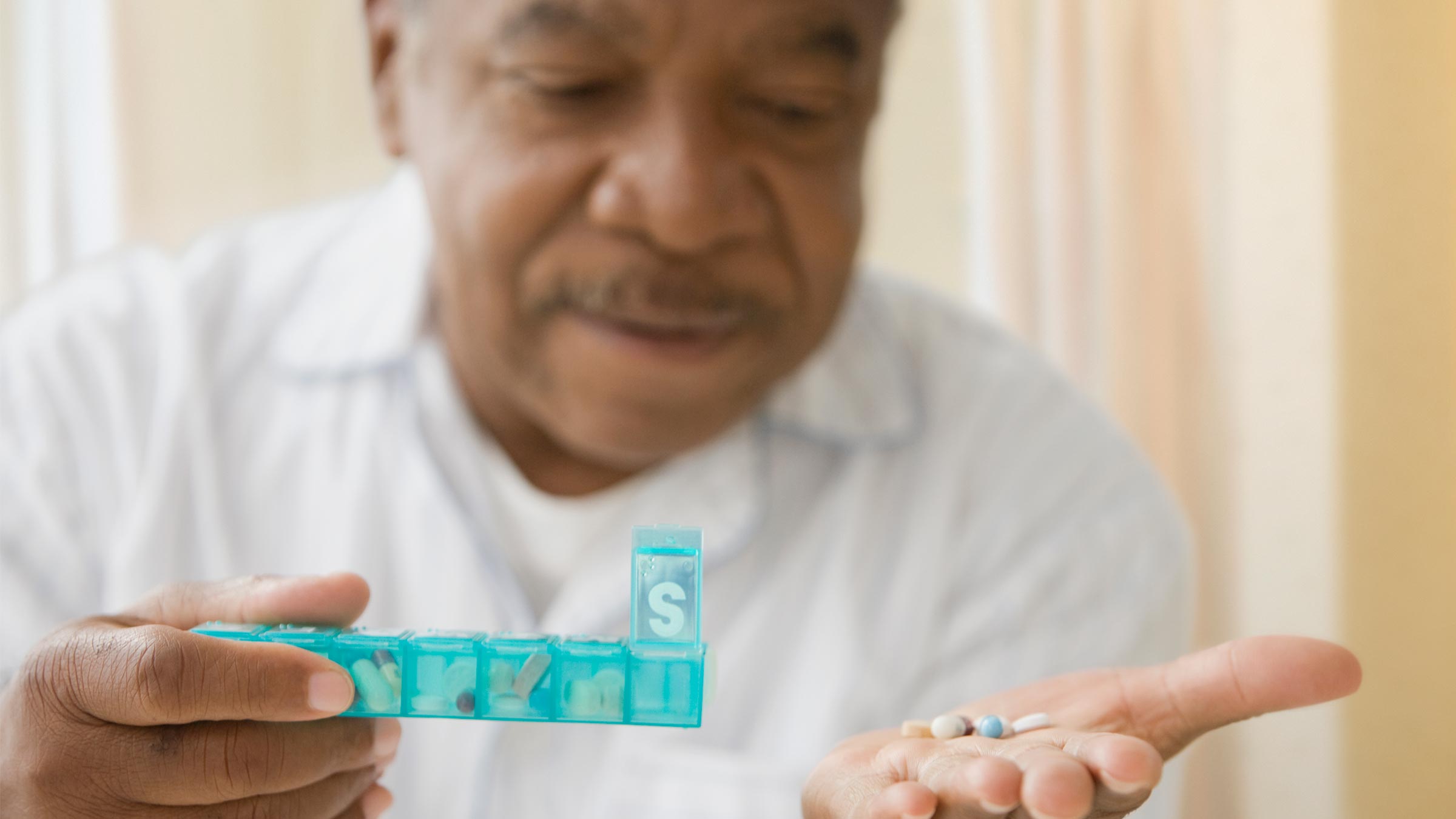
That pill in the palm of your hand can be daunting to swallow. Even if you’re used to swallowing pills, you might have trouble if the tablet is large (think Omega-3s), or if it doesn’t have a smooth coating (some prenatal vitamins).
Regardless of the size and outer texture of the pill, swallowing could be extremely challenging. You may even choose to instead crush pills or use only liquid medications.
It’s fairly common for people in their 70s or older to have trouble swallowing pills or food because they have less feeling or sensitivity in their throat. As a result, food or liquids may not go down as quickly. But people of all ages with acid reflux can have trouble swallowing as well.
The most common reasons people have trouble swallowing
- Inflamed esophagus - An inflamed esophagus is the most common reason someone might have trouble swallowing. Acid reflux can cause swelling in the esophagus, the pipe that food and water travel down on the way to the stomach. If the esophagus swells, it won't contract and squeeze to push food and water down to the stomach as well as it did when it wasn’t swollen, and food can get stuck there. If there’s significant swelling, your esophagus can become especially narrow.
- Aging esophageal muscles - When you age, muscles at the opening of the esophagus and the end of the throat can become thickened and scarred causing food and water to get hung up at the end of the throat.
- Trauma to your neck, a stroke or another brain disorder such as Parkinson’s disease can cause problems with swallowing liquids and solids.
- Radiation to the throat to stop throat cancer, for example, can cause weakness, scarring and changes in the way the saliva glands work, which can make swallowing difficult.
Is it common for people to have trouble swallowing pills?
About 75% of people will have less sensation in their throat after the age of 70. That can limit your ability to swallow. If food or water goes into your lungs instead of being swallowed into your stomach, that can lead to pneumonia.
Can a pill go down the wrong pipe?
Yes. Instead of going into your esophagus, a pill, food or water can go down your windpipe, also called the trachea. That’s called aspiration. Liquid or food particles are more likely to get aspirated than a pill. Aspiration is more common with the elderly, or with toddlers, who haven't fully developed their swallow mechanics or their back molars to chew properly.
Most of us, when we aspirate, will start coughing and choking and have trouble breathing. We recognize the water or food shouldn't be going down the windpipe, and our body tries to reject it. But if you have a swallowing disorder, it’s possible for food or water to go down your windpipe and into your lungs without feeling it. You have no idea it’s there, and this “silent aspiration” puts you at risk for pneumonia.
How to swallow a pill if you’re having trouble:
- Take pills one at a time and with water. Many people try to swallow them dry or several at a time.
- Swallow each pill with applesauce or yogurt, then chase it down with water.
- Tuck your chin down to your chest while swallowing.
What do you do if you have trouble swallowing in general?
Having trouble swallowing can not only lead to weight loss, but also social isolation when people avoid social gatherings where there’s food. If symptoms last, you should be evaluated by a doctor.
Start with your primary care doctor. They might do a basic exam of your neck or might refer you to an ear, nose and throat doctor or a gastroenterologist, a physician with an expertise in diseases that affect the digestive system. You might be tested with an esophogram, an X-ray exam of the esophagus, or you might have an endoscopy, a procedure in which a thin tube with a camera at the end of it is put down your throat and into your esophagus to see where any problems might be.






